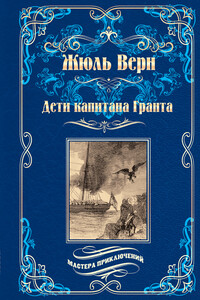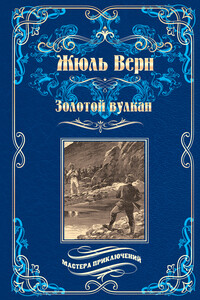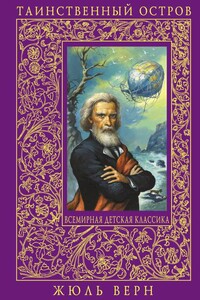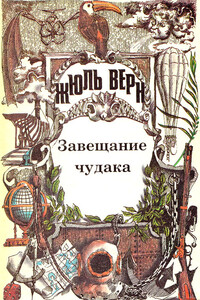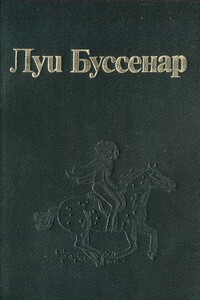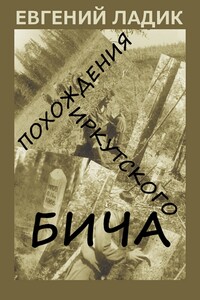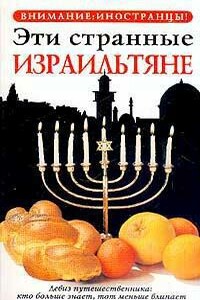|
| The rebel lion had not crossed the Siberian frontier, but evil influences might be feared in the Volga provinces, so near to the country of the Kirghiz. | Мятеж еще не перешагнул сибирской границы, но в окружающих приволжских провинциях, находящихся в близком соседстве со страной киргизов, его дурные влияния уже могли сказаться. |
| The police had as yet found no traces of Ivan Ogareff. | Существенно, что полиция пока не смогла напасть на след Ивана Огарева. |
| It was not known whether the traitor, calling in the foreigner to avenge his personal rancor, had rejoined Feofar-Khan, or whether he was endeavoring to foment a revolt in the government of Nijni-Novgorod, which at this time of year contained a population of such diverse elements. | Что предпринял предатель, призвавший чужеземцев отомстить за свои личные обиды, -отправился ли на соединение с Феофар-ханом или же затеял поднять мятеж в Нижегородской губернии, где в это время года население состояло из людей самой разной принадлежности? |
| Perhaps among the Persians, Armenians, or Kalmucks, who flocked to the great market, he had agents, instructed to provoke a rising in the interior. | Разве среди тех персов, армян и калмыков, что съезжались на ярмарку, не могло оказаться его сообщников, которые должны были подстрекать к восстанию изнутри? |
| All this was possible, especially in such a country as Russia. | Все эти предположения, особенно в такой стране как Россия, имели под собой реальную почву. |
| In fact, this vast empire, 4,000,000 square miles in extent, does not possess the homogeneousness of the states of Western Europe. | Действительно, в этой огромной империи площадью в двенадцать миллионов квадратных километров невозможна та однородность, которая присуща государствам Западной Европы. Меж входящими в нее народами различие заведомо нельзя свести лишь к отдельным оттенкам. |
| The Russian territory in Europe and Asia contains more than seventy millions of inhabitants. In it thirty different languages are spoken. The Sclavonian race predominates, no doubt, but there are besides Russians, Poles, Lithuanians, Courlanders. Add to these, Finns, Laplanders, Esthonians, several other northern tribes with unpronounceable names, the Permiaks, the Germans, the Greeks, the Tartars, the Caucasian tribes, the Mongol, Kalmuck, Samoid, Kamtschatkan, and Aleutian hordes, and one may understand that the unity of so vast a state must be difficult to maintain, and that it could only be the work of time, aided by the wisdom of many successive rulers. |
